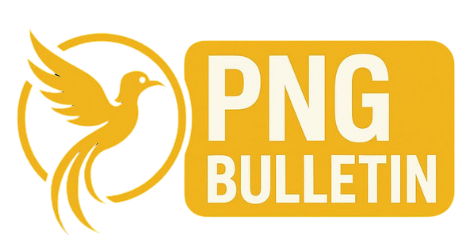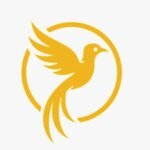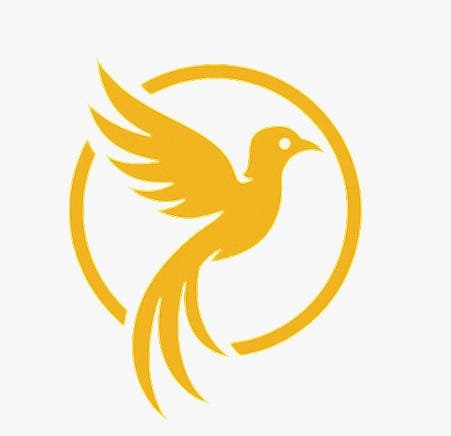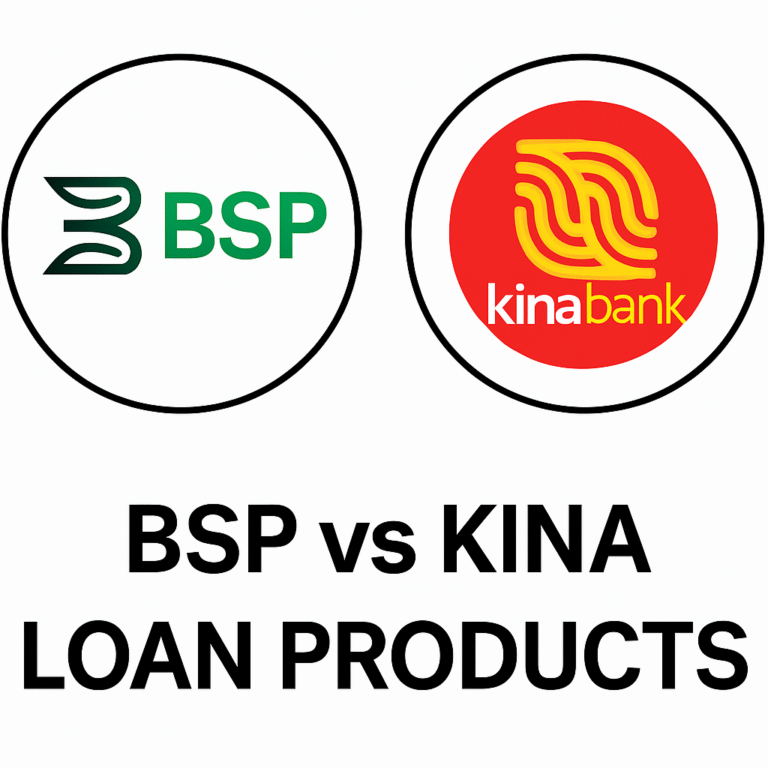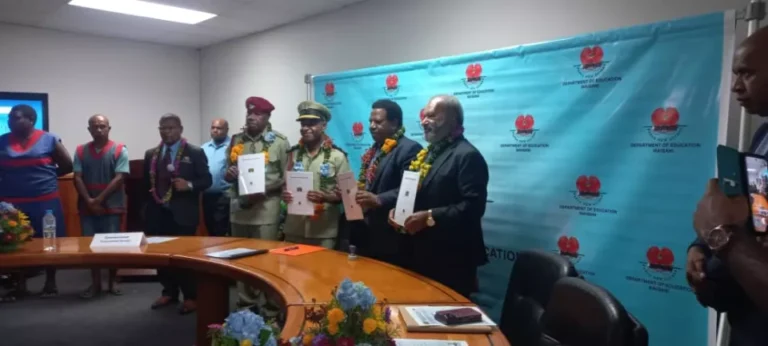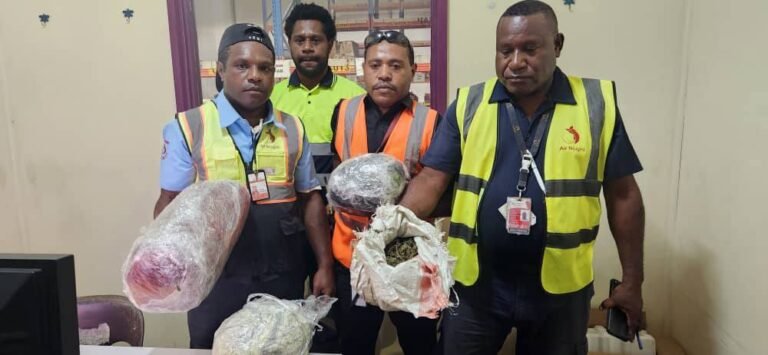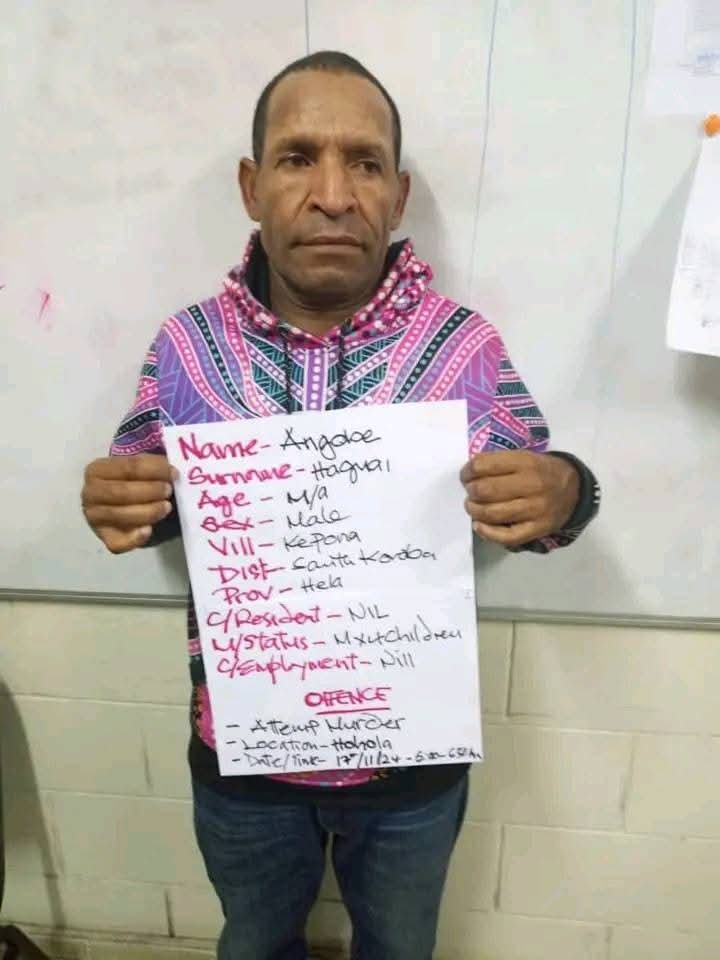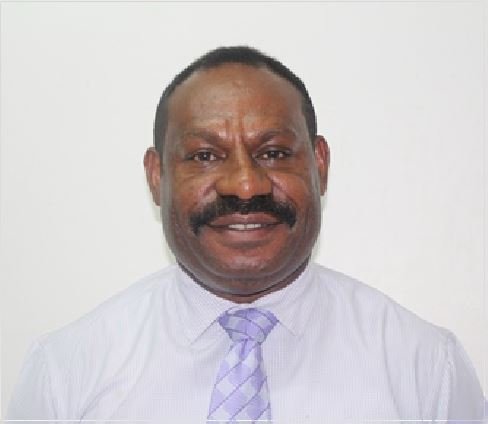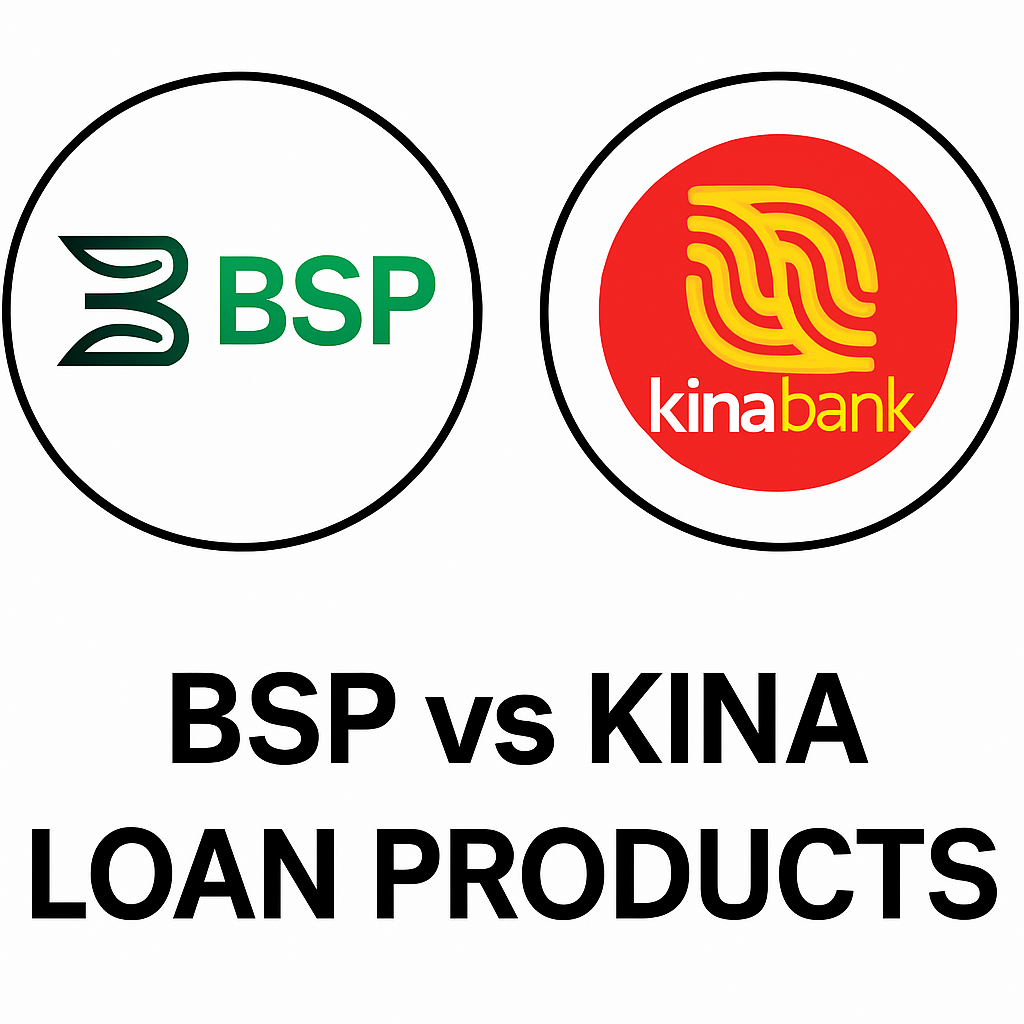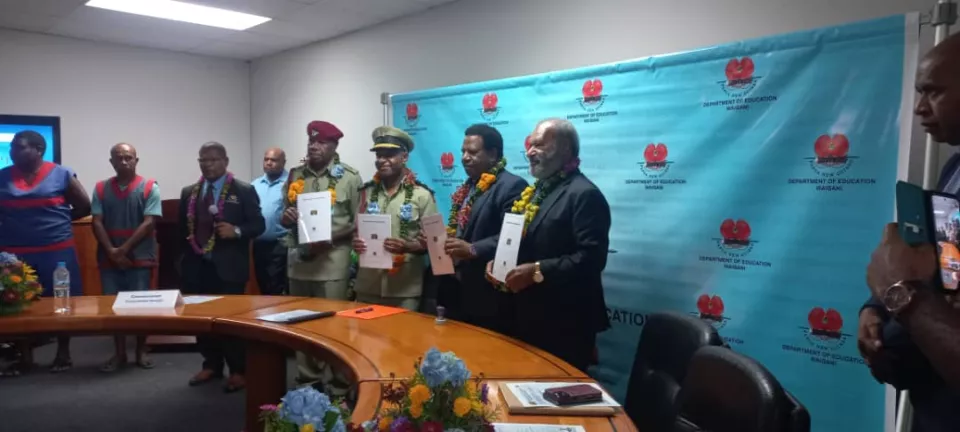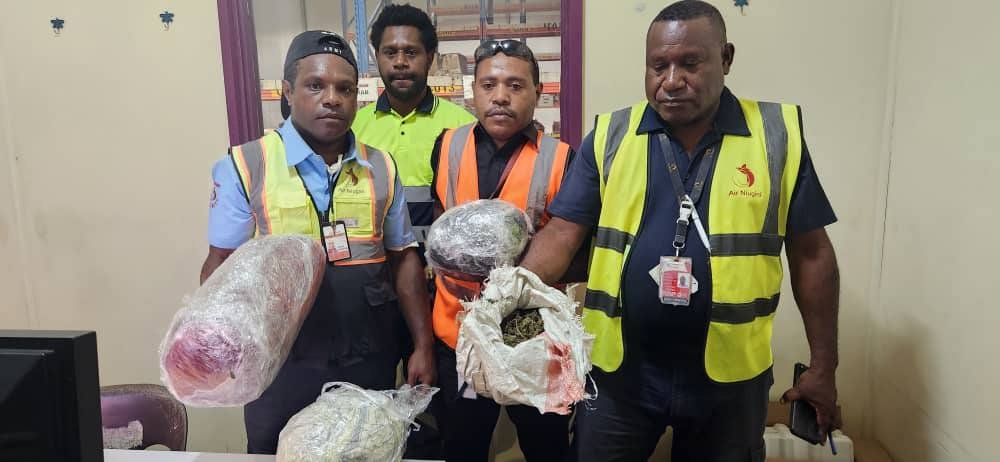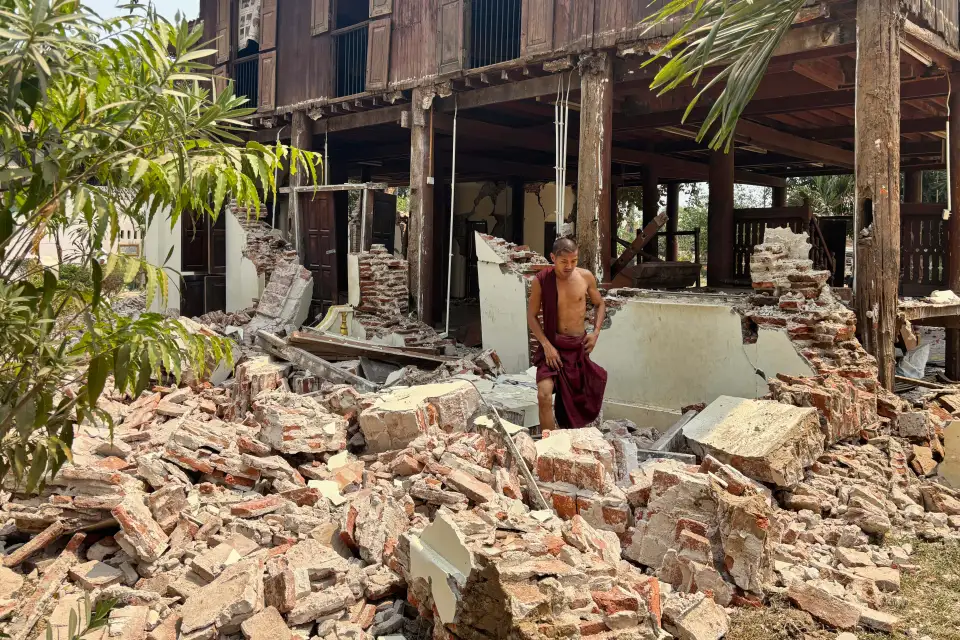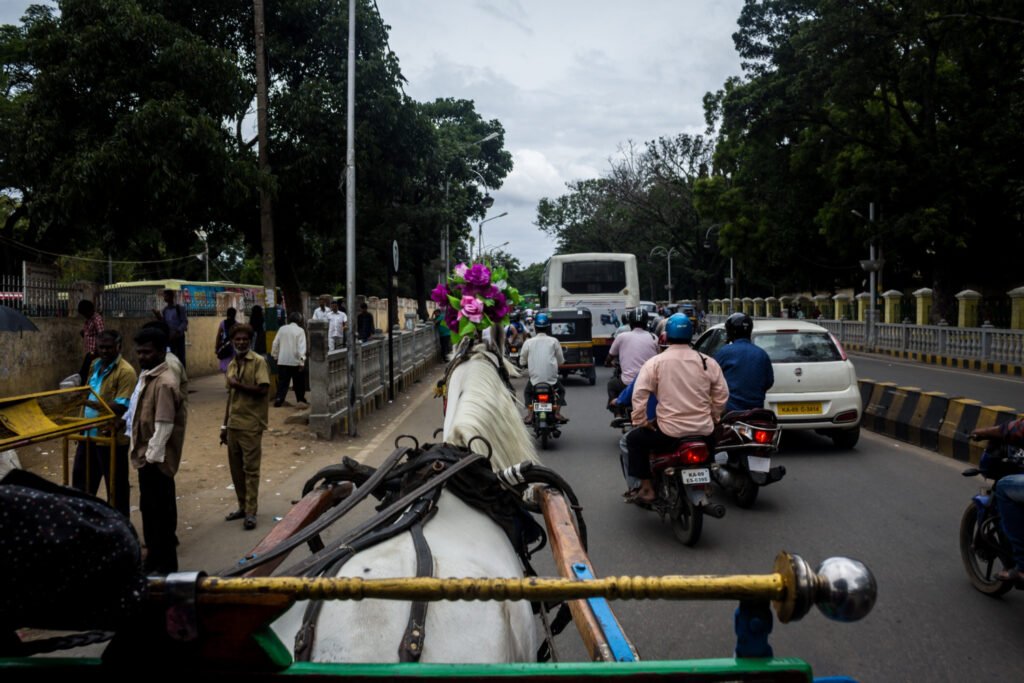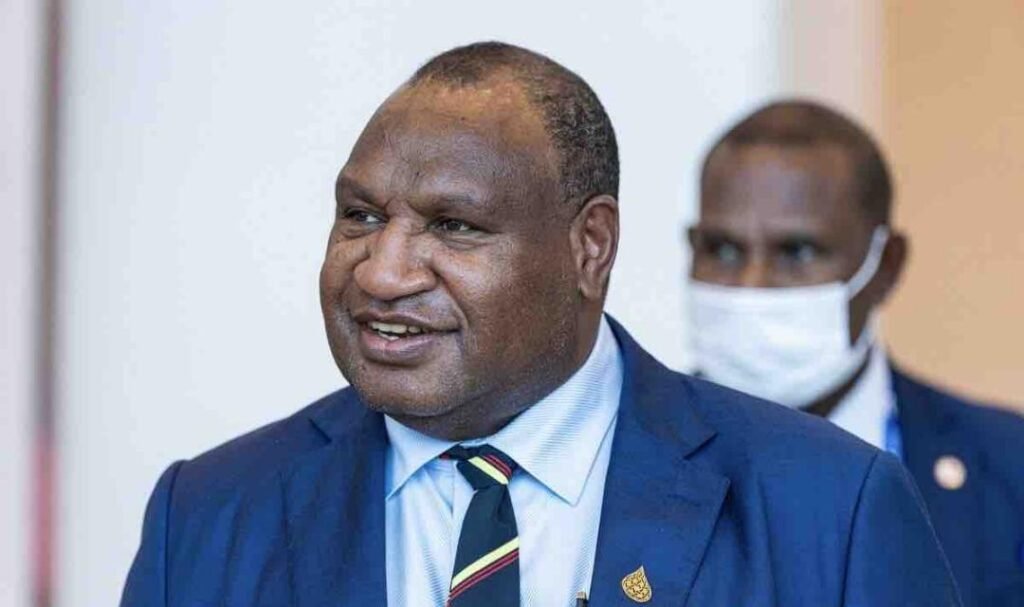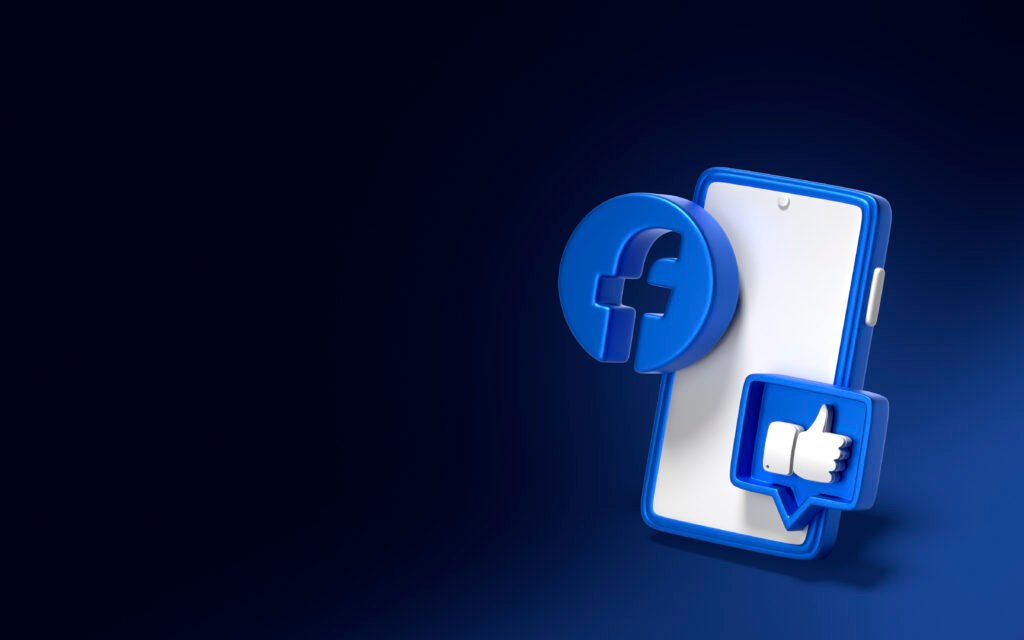On March 24, 2025, Papua New Guinea’s government implemented a sudden ban on Facebook, triggering widespread concern across the country. While the official statement cited “national security and misinformation control” as the primary reason, civil society, tech experts, and everyday citizens are voicing deep concerns about freedom of expression, media access, and transparency.
Government’s Rationale: Security or Censorship?
The Ministry of Communications and Information defended the decision by citing the proliferation of misinformation and “unauthorised political narratives” online. Officials stated the ban is temporary and meant to allow time to implement a regulatory framework ensuring that digital platforms operate with “integrity and accountability.”
However, critics say the move sets a dangerous precedent.
“Social media isn’t just a place for gossip—it’s how citizens share stories, connect with families, and report injustice,” said Marian Wapa, a journalist from Eastern Highlands.
Public Reaction: Outrage, Confusion, and VPNs
From Port Moresby to Goroka, PNG citizens expressed frustration over the shutdown of one of their most-used communication tools. With over 1.3 million Facebook users in the country, the ban has disrupted not only social connection but also small businesses, advocacy campaigns, and emergency communication channels.
Workarounds have already emerged. A surge in VPN downloads reflects how users are bypassing restrictions—raising further questions about the ban’s effectiveness and the government’s grasp of digital infrastructure.
Impact on Media and Information Flow
PNG’s media landscape heavily relies on platforms like Facebook to distribute news, conduct interviews, and engage with young audiences. For many remote communities, Facebook is the only gateway to current affairs.
“We don’t have newspapers delivered here daily, but we follow reliable news outlets on Facebook,” noted a university student in Wewak.
The Media Council of PNG has issued a formal request for clarity on the duration of the ban and urged the government to uphold constitutional protections on press freedom and public access to information.
Global Watchdogs Take Note
The ban has drawn international attention. Human rights organizations such as Reporters Without Borders and Access Now have labeled the action as a “step backward” for digital freedom in the Pacific region.
Australia’s Foreign Affairs Department expressed concern about the potential chilling effect on free expression and democratic discourse, emphasizing the importance of a free and open internet for regional development.
What’s Next for PNG’s Digital Space?
As the government hints at drafting a Social Media Regulation Bill, public calls for transparent consultation, clear legal guidelines, and digital literacy programs are growing louder. Experts warn that any legislation must be balanced—protecting national interests without suppressing civil liberties.
For now, PNG’s digital sovereignty is at a crossroads. The question remains: Will the nation strengthen its democracy through open dialogue—or weaken it by silencing the very platforms that enable it?
